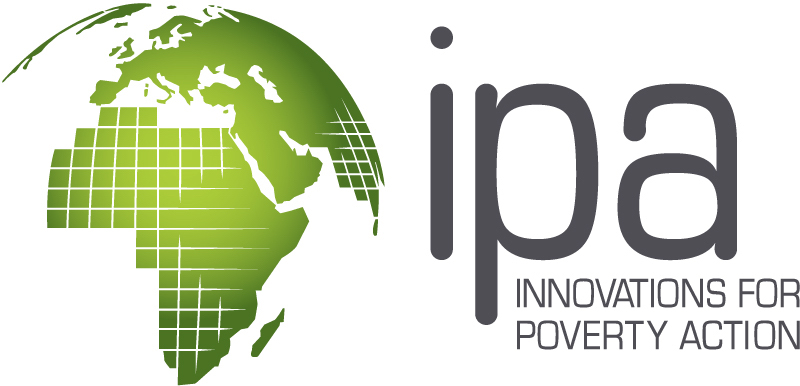|
RECOVR Roundup Newsletter
Social Protection in the Time of COVID-19
|
Welcome to the 25th edition of our RECOVR Roundup! For those of you who are new to IPA's mailing list, the RECOVR Roundup is a newsletter where we share new findings and analysis from the RECOVR Research Hub and from our partner organizations—as well as links on what is happening in the Social Protection landscape in response to COVID-19.
As always, we encourage you to write to our team with ideas for features.
|
|
 New Findings & Analysis New Findings & Analysis
|
Philippines: Beneficiary experiences with a new digital cash transfer
While recipients were highly satisfied with their withdrawal experience, a survey found a need to increase awareness among beneficiaries
Researchers Yoonyoung Cho, Cesi Cruz, Julienne Labonne, Kate Glynn-Broderick, and Rebecca Rouse surveyed recipients of the Social Amelioration Program (SAP), an emergency cash transfer for low-income households in the Philippines implemented in response to the pandemic. Between July and November 2020, the Department of Social Welfare and Development (DSWD) introduced digital payments to beneficiaries via six participating financial service providers. Researchers surveyed 5,000 recipients of digital transfers to better understand the beneficiary experience using this new transfer method. The survey found that recipients were generally satisfied with their withdrawal experience of digital cash transfers, with 90 percent reporting high satisfaction with the digital payment
process. However, just 31 percent could correctly recall which provider disbursed their allowance, and only 16 percent had awareness that an account had been created for them and that they could use it for other purposes, such as saving, sending money, or receiving remittances. This lack of awareness may limit the program’s potential to leverage these digital payments for financial inclusion. |
|
|
 What We're Reading & Watching What We're Reading & Watching
|
- A new paper examines Pakistan’s Benazir Income Support Program (BISP), a quarterly unconditional cash transfer delivered to female family representatives, and finds that the cash transfer increased grade promotion among boys but not among girls. In the short run, the BISP substantially reduced school dropout for boys but increased dropout rates substantially for girls. In the medium to long run, the transfers help to reduce child labor among boys and girls.
- Did the fast expansion of cash-based programming in poor countries increase international migration by easing financial constraints? The answer may be yes. A paper of a cash-for-work government program in Comoros, in which selected households were offered up to US$320, found that the migration rate among beneficiary households increased from 7.8 percent to 10.8 percent.
- A new analysis by the Center for Global Development finds, of the social protection policies implemented by over 200 countries and territories in response to the pandemic, only 22.8 percent are gender-sensitive (i.e., address the impacts of the crisis on women and girls). The majority (53 percent) of gender-sensitive measures fall under social assistance, 26 percent constitute social insurance, and 20 percent are focused on unpaid care.
- A review of 53 low- and middle-income countries’ cash-based social assistance responses during the pandemic recommends strengthening shock responsiveness by harnessing existing data and infrastructure from social registries, digitizing programs, and strengthening national identification coverage.
- For two years, the nonprofit OnePGH in Pittsburgh, Pennsylvania will transfer US$500 a month to 200 randomly-selected low-income households. The program is focused on households led by Black women, though others can qualify. With guaranteed income increasingly visible in the US policy discourse, take a deep dive into the history of UBI in the US here.
|
If you’d prefer to not receive these Roundup emails in the future, you can manage your email preferences or unsubscribe here.
|
|
